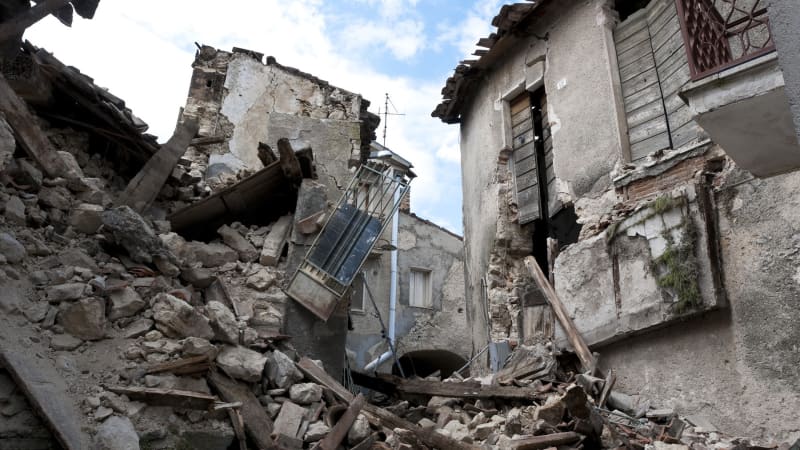Coping with the aftermath of two catastrophic earthquakes: Part One – Syria

Turkey and Syria experienced two catastrophic earthquakes on February 6th. The first one was at 4.17 AM with a magnitude of 7.8 and the second one was at 1.24 PM with a magnitude of 7.7 on the same day. The aftershocks continued in the following three weeks, the strongest had a 6.3 magnitude on 20 February. Despite extensive devastation and the loss of tens of thousands of lives, Turkey and Syria continue to cope with a severe humanitarian crisis.
Senior lecturer Dr. Pelin Ayan Musil and Alumna Huzan Balay have come forward to share their account of this disaster with the AAU community, describing their experiences and discussing the impact that the earthquakes have had on the lives of people in Turkey and Syria, respectively. Below is the account from alumna Huzan Balay.
“On the day of the earthquake, I received a Breaking News alert on my phone. Glancing at it once, I quickly deleted the notification and went about my day. Later, as I scrolled through social media, I was suddenly overwhelmed with a wave of images and videos that left me paralyzed. Though we often see images of war and destruction, the level of devastation coming out of Turkey and Syria was beyond comprehension. Lifeless bodies buried under rubble, crying mothers in search of their babies, speechless fathers still holding onto their dead child’s hand, even cats and dogs sharing the fate of their owners – it was all too traumatizing. In the days following the disaster, my news feed was flooded with footage of the earthquake, and I found myself waking up at night, feeling as if I too were suffocating under the rubble.
As a Kurd, I have family scattered throughout the region, including southeast Turkey and northern Syria. After understanding the severity of the situation, I called my cousins in Duhok, Iraq to make sure they were okay, and then my parents to inquire about any family or friends who may have been affected. Two days after the earthquake, we received news from Afrin–a Kurdish city in Syria where I have some family members living there–that my mother’s relative and her two daughters were missing. The days following were haunted by thoughts of the worst, and unfortunately, the worst did happen – five days later, their bodies were found buried under concrete. Her husband crying to us over the phone explains how him and his brothers spent the last five days using their bare hands to dig their loved ones’ bodies from the rubble. He tells us that by day five, the city is quiet. “You can’t hear people crying from under the rubbles anymore. Anyone who may have been alive underground is now dead. They are gone, all of them.”
Afrin is a Kurdish-dominant populated city in Syria that has been under Turkish occupation since 2018. With Turkish, Kurdish, and rebel forces trying to fend for the region, aid was slow to arrive in Afrin and other affected parts of Syria due to geopolitical resistance. Syria has been in turmoil for over twelve years, leaving people’s lives uprooted, and their homes and hopes shattered. The earthquake only exacerbated the already difficult conditions that Syrians have been facing, these conditions are further worsened if you are from an ethnic minority like the Kurds.
The road to recovery will be a long and painful journey for the people of Turkey and Syria. As a global community, it is our responsibility to extend a helping hand. Though the challenges they face are immense, with increased awareness, we can play a part in helping them rebuild their lives and communities.”
The aftermath of the earthquakes is still felt throughout the regions of Turkey and Syria, should you like to help or donate, please go through one of the organizations listed: